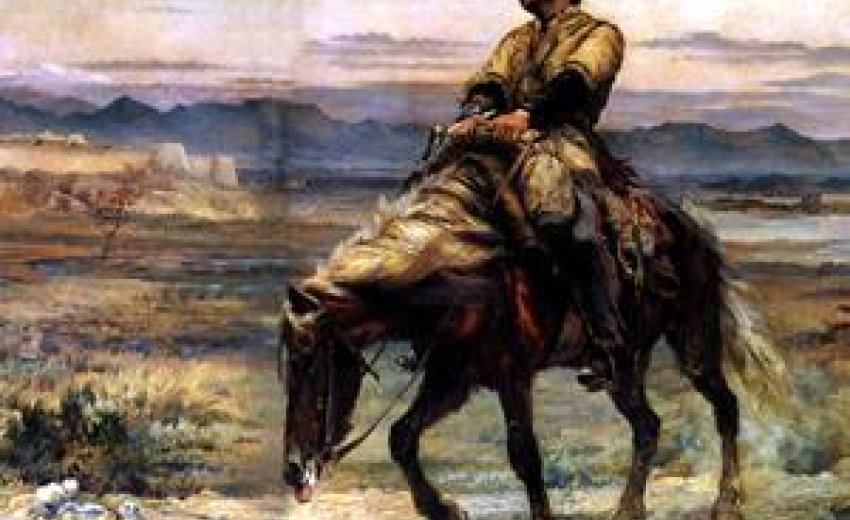With few shots fired and having secured a strong ally in a strategic region, the execution was far from simple: an inadequately equipped army, short-lived peace in Kabul, the slaughter of the occupying force by insurgents, the refusal of a wily Sikh king to occupy the region and ultimately the humiliating retreat of the Army back into the Punjab with only a sole British survivor. This was the grisly narrative of the 1st engagement of the British forces with Afghanistan in 1839-42.
Sound familiar? This collision of current affairs and historical precedent is striking. The British must be well aware that had they shared a bond with Afghanistan as famously strong as the one they had with India, today’s war, occupation and insurgency would have been inconceivable. The British had been in the region of South Asia for two centuries but failed to make any headway in forming a relationship with Afghanistan as strong as they did with India.

When, in 1838, Britain and Afghanistan shared a common enemy in the ambitiously expansionist Russians, a strong Anglo-Afghan alliance appeared to be a distinct reality. Britain had long suspected Russia’s desires over the Indian subcontinent. The fear was an invasion from the north via Afghanistan. Only one man stood between the two countries and that man was the pox marked, one-eyed King of Lahore, the Sikh Maharajah Ranjit Singh.
Equally as ambitious as the Russians and the Victorian empire builders, Ranjit Singh had carved out a kingdom that existed as a vitally important buffer between the Afghans to the north and the British in the south. It was whist the delicate negotiations Anglo Afghan diplomacy was at its height that Maharaja Ranjit Singh quite unilaterally and presumptuously seized the Afghani’s richest district of Peshawar and put down the subsequent rebellion. The Afghans were enraged by the actions of their southern upstart, and, to the utter horror of Lord Auckland, the Governor General of India, the Afghans signed friendship treaty with the Russians.
Incensed, the British were determined to place a new Shah in Kabul, and thus started a long and disastrous series of wars, occupations, insurgency and retreat that ended in humiliating failure and can arguably be seen to be continuing today.
Ranjit Singh revelled in his new found power in the heart of world affairs, and readily agreed to support British troops in readying for war with the Afghans to settle a new pliant king in Kabul. With great prescience he refused to entertain any involvement in an occupation of Afghan country – leaving that to the naive British. The resultant First Anglo Afghan War, known today as Auckland’s Folly, was a complete route. The new Shah’s reign lasted barely two months and the tens of thousands of British troops that had confidently marched into Kabul to install him were chased out of the country and faced massacre at the hands of hostile Afghan tribal groups. Famously, only one Briton, Dr William Brydon, returned – the sole survivor of the humiliating defeat that cemented Afghanistan’s reputation as a graveyard for foreign troops.

Remnants of an Army by Elizabeth Butler. Depicting the sole British survivor of the first Anglo Afghan War: Dr William Brydon.
Ranjit Singh and his successors knew the Afghans well. Through sheer force of personality, a familiarity borne of numerous battles and a deeply intuitive political acumen, Ranjit Singh was able to quell rebellions, seize prize assets of the Afghans. Even today his prized Khalsa army remains the only foreign power since Alexander the Great to have permanently subdued Afghan territory.
In the week following Prime Minister Gordon Brown’s announcement of further ground troops in the region and as President Barack Obama prepares to unveil the latest strategy that will lead western allies out of Afghanistan for the fourth time in two centuries they would be well-served to contemplate the gory history of this relationship or be doomed to repeat it once again.
